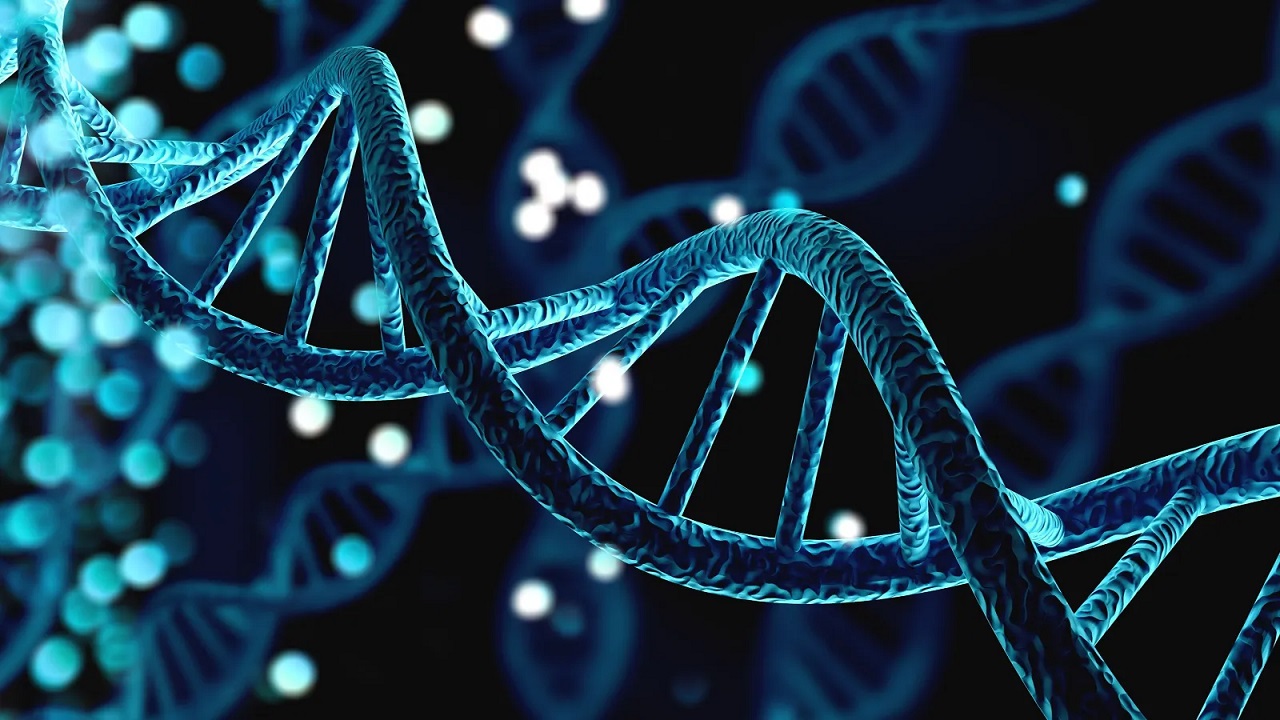Especially popular in the early 2010s for providing health reports through single nucleotide polymorphism genotyping from saliva samples, the genomic and biotechnology company 23andMe has officially come to the brink of collapse. This situation indicates a much more troubling process than you might think.
23andMe is facing financial collapse
Founded in California in 2006, 23andMe is a biotechnology company that provides information on health, ancestry, and genetic predispositions by analyzing DNA from saliva samples. Initially priced at $999, the test prices gradually dropped to $79, and the company quickly grew in the global market. By 2015, the company had reached 1 million customers, and as of 2024, it holds the DNA data of 14 million people.

However, recent developments have raised concerns about the future of millions of people’s genetic data. After its IPO in 2021, the company’s stock value fell by 97%, and in 2023, it experienced a major data breach affecting approximately 7 million users, leading to a class-action lawsuit worth $30 million.
Last month, the resignation of seven independent board members and the founder’s plans to privatize the company further complicated the situation. It was revealed that the company, which has never posted a profit since its inception, is on the verge of bankruptcy.

Although 23andMe assures its customers that their privacy is a priority and promises that DNA data will not be shared with employers, insurance companies, or public databases without permission, the company’s terms of use state that the data can be shared with service providers and that in the event of bankruptcy or sale, this information could become “accessible, sellable, or transferable.”
Despite all this, a company spokesperson stated that CEO Anne Wojcicki is not open to third-party acquisition offers and that in any ownership change, current data privacy agreements would remain valid unless new terms are presented to and approved by customers.
Nevertheless, the company officially has the right to share your DNA with other companies, and it remains to be seen what consequences this might have in the future. Feel free to share your thoughts in the comments below.















